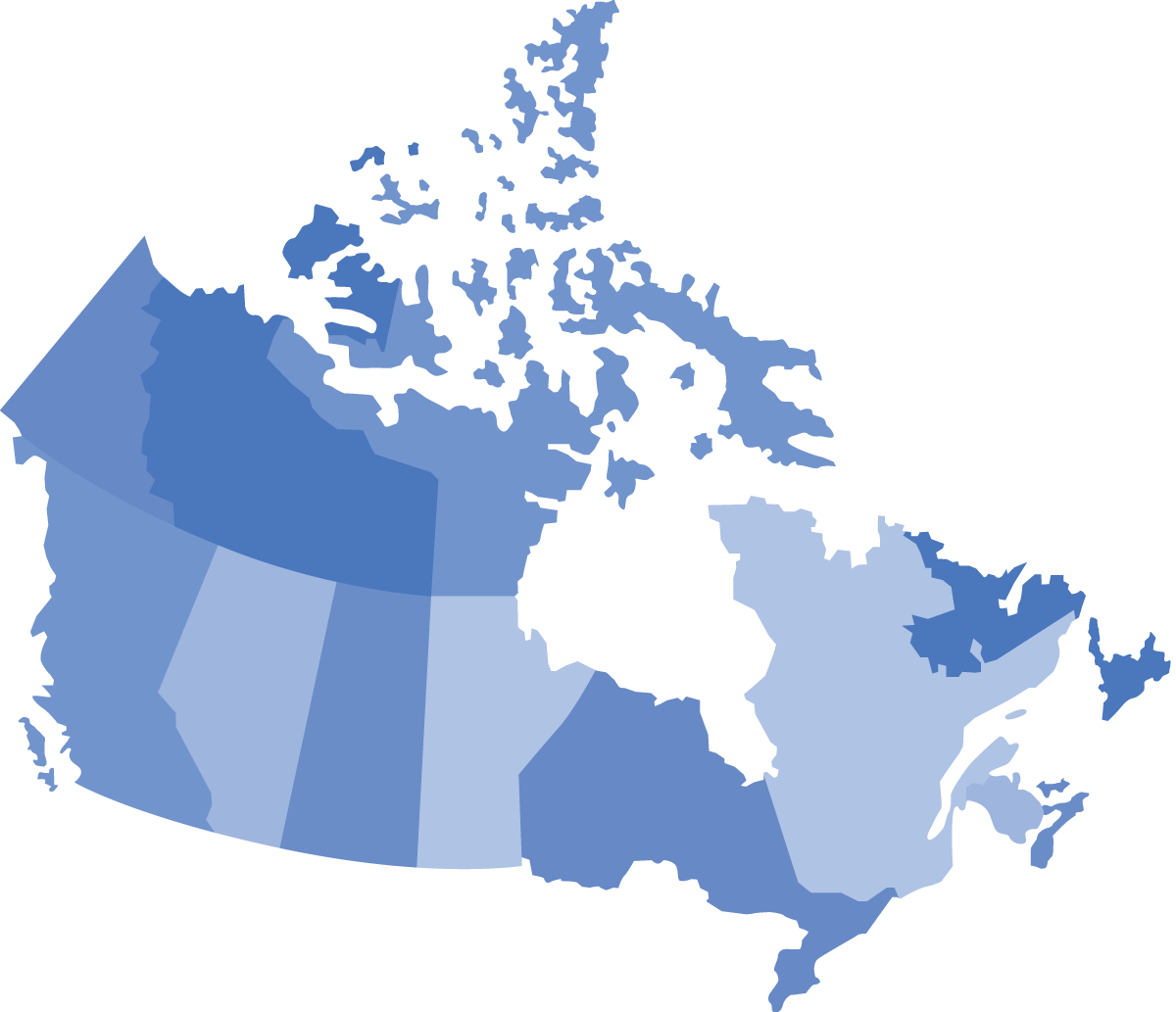-
Understanding Grief ›
-
- Truths about grief
- What grief looks and feels like
- Common challenges with grief
- Grieving before the loss
- Ideas for living with loss
- Grief triggers
- How long grief lasts
- How the loss affects families and others
- When life starts to get better
- Special dates
- Rituals, funerals, and memorials
- Do I need more help?
- Prolonged grief
-
-
Grieving a Death ›
-
Non-death Loss ›
-
Supporting Someone ›
-
Professionals & Volunteers ›
-
Resources & More ›
Grieving a job/financial/career related loss
We live in a world where we need money to survive. Income may come from various sources, including employment, business ventures, investments, pensions, benefits, or relationships. Work and employment might also be a source of meaning, passion, creativity, duty or service.
When you experience a loss in your source of income, your job, or a business venture, you will likely feel grief, sometimes in big ways. Some examples of these losses include the following:
- Job loss
- Retirement
- Loss of a business
- Bankruptcy
- Downsizing
- Loss of investments
- Gambling losses
- Being defrauded
- Effects of economics (national or global)
Grief often follows a financial loss, including the loss of a job. This transition may come with many ups and downs. Your experience of grief might include the following:
- A sense of unfamiliarity and uncertainty
- Changes to your sense of self-esteem and self-worth
- Struggling with a lack of structure and routine to your day
- Fear and anxiety about the future and wondering if things will be okay
- Lack of trust in others and institutions
- Changes in relationships
Common feelings
Grief includes a variety of emotions, and you may be feeling any of the following:
- Sadness
- Anger
- Guilt
- Relief
- Embarrassment/shame
- Loneliness
- Shock
- Confusion
- Repetitive thoughts
- Restlessness
- A desire to withdraw from others
- Helpless and powerless
- Sleep disturbances
- Changes in eating patterns or appetite
- Anxiety and fear
Secondary losses
You might recognize that you are grieving layers of loss and additional related losses, which might include the following losses:
- Social status and reputation
- Role in family
- Some relationships
- Opportunities
- Daily routine
- Sense of self or identity
- Self-esteem
- Sense of safety
- Property and other assets
- Good credit rating
- Future financial security
When and how the loss happened
Your grief will be impacted by whether or not you had a choice in ending your employment, by your age and life circumstances, and by the size of the financial loss. Your loss may mean you are no longer able to retire as planned, or it may mean you cannot purchase a home, need to delay having children, can no longer help with your children’s education, or must reconsider other goals and dreams you had. Even if a transition was your choice, you may find yourself surprised by your feelings of loss and grief. At the same time, you may experience these losses as temporary, and they may provide you with unexpected opportunities and new beginnings.
Your relationships
It is common for this type of loss to affect your relationships. You may have earned money to support your family and suddenly be unable to provide for them. Others may be frustrated by decisions you have made. If you suddenly have free time, this may affect the routines of other people in your life in both positive and negative ways.
Your identity
Work and finances can be a large part of identity and how we believe society values us. Loss of employment, career, business, and financial status can impact our sense of self and self-worth. Your grieving process might include trying to figure out who you are without your job, money, title, or connection to a project. Try to remember that you can be many things in life and this loss does not define you.
When your grief is not recognized by others
Your grief may not be acknowledged by the people in your life or by society at large. This can cause you to believe that your grief is not significant or valid. You may experience stigma or judgment from others, or even from yourself, leading to feelings of shame or lack of self-worth. The situation may have led you to be private and perhaps secretive about it. Your grief may feel heavier and more confusing if you do not feel it is acknowledged by others.. People in your life may not understand the impacts this loss is having on your life.This is sometimes called Disenfranchised or Unrecognized Grief. For more information see Unrecognized Grief.
Economic grief for the world
Personal economic grief is often connected to bigger economic issues. Predatory scammers steal large amounts of money from vulnerable people; capitalist systems and stock markets create great wealth for some but can extract wealth from others; layoffs can feel unjustified. Whether you are personally affected or simply feeling the grief of an unbalanced economic system creating suffering in the world, your grief is real. It may include despair and feeling overwhelmed, while trying to remain hopeful.
- Start by acknowledging what was lost and what it means to you.
- Attend to your mental health; don’t be afraid to ask for help or let people help you if you feel challenged right now.
- Remember that you are more than your job and your income.
- If your actions led to this loss, know that everyone makes mistakes and you can find a pathway forward to a new beginning.
- If you feel a loss of empowerment, remind yourself of the challenges you have met in your life up to now.
- Seek out specific support like a career counsellor, financial advisor, or trusted friends and family who can help you face your future decisions and choices.
- If you were let go from a job, ask for an exit interview.
- Consider asking yourself what you would like to do with your life now that you may not have been able to do before.
- Try to see the unexpected opportunities and possibilities that this change may bring.
Acknowledge and validate what they feel without jumping to solutions or trying to fix what you see as the problem.
Reach out and ask how they are doing. Be an attentive non-judgmental listener.
If you are a former co-worker, reach out to them. Their losses are layered and they may be glad to know they can still keep connections with former colleagues.
If you are affected by what happened, try to practice non-judgment and understanding. Where appropriate, hold the person accountable while considering whether you can offer forgiveness and if they are open to professional help and guidance.
If they are in need of a new job or source of income, think of connections you may be able to offer them.
If you feel overwhelmed or “stuck” please talk to a health professional or trusted leader in your community such as a doctor, chaplain, nurse practitioner, social worker or school administrator. These trusted people may be able to connect you with appropriate programs, resources, and other forms of needed support such as grief counselling or medical care. You may be able to access counselling services if you have an Extended Health Plan, or through an employee assistance program. It will be important that they have experience in grief counselling. If you have thoughts of or plans to harm yourself or others, go to your nearest Emergency Department, call your local Crisis Line, or call or text 9-8-8 if you are in Canada. It is essential that you reach out for help.
See also:
- Do I need more help?
- MyGrief.ca Module 8 - Do I need more help and where to find it
What you are going through is significant, and it is important that it be recognized. Because our survival depends on money, this loss may feel scary and destabilizing. Grieve this loss. Don’t be afraid to talk to someone about what you are going through. Consider that you may have to allow help from others in ways you have not had to before. Remember you are so much more than your job or how much money you have.
Resources


